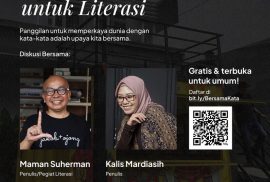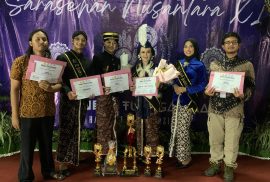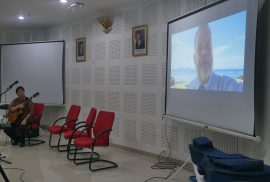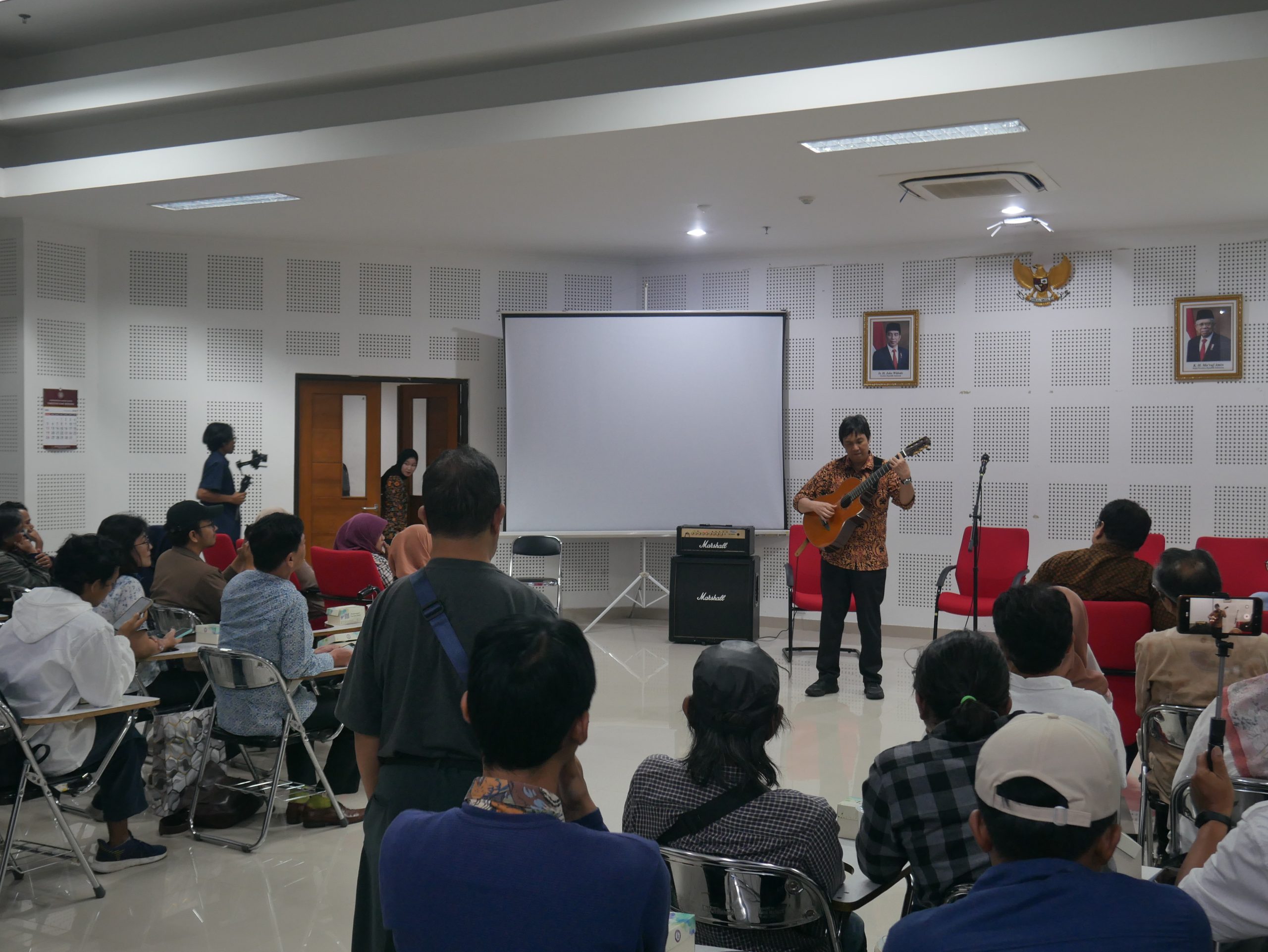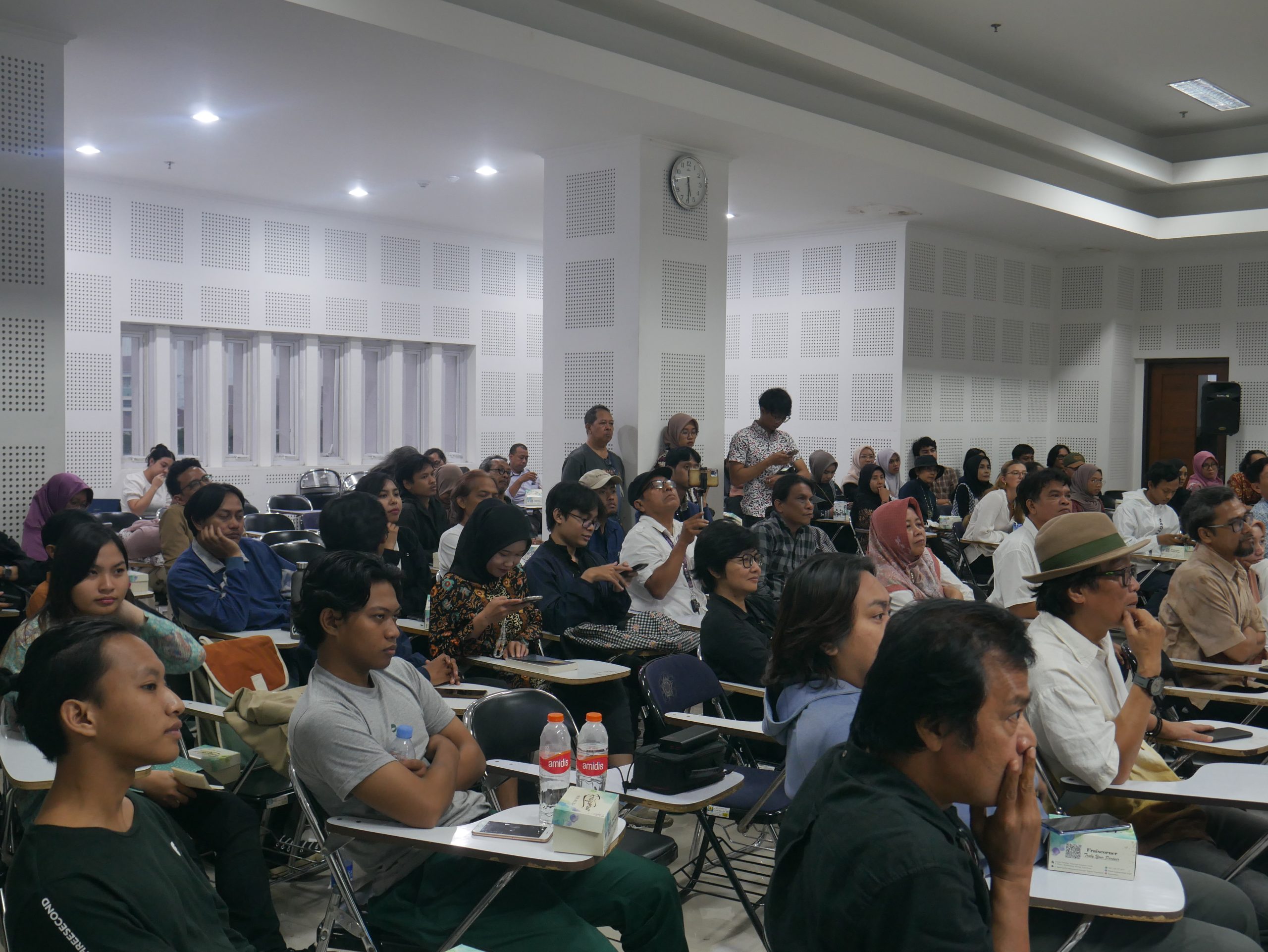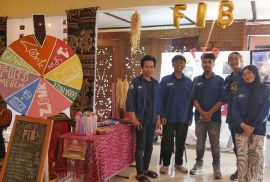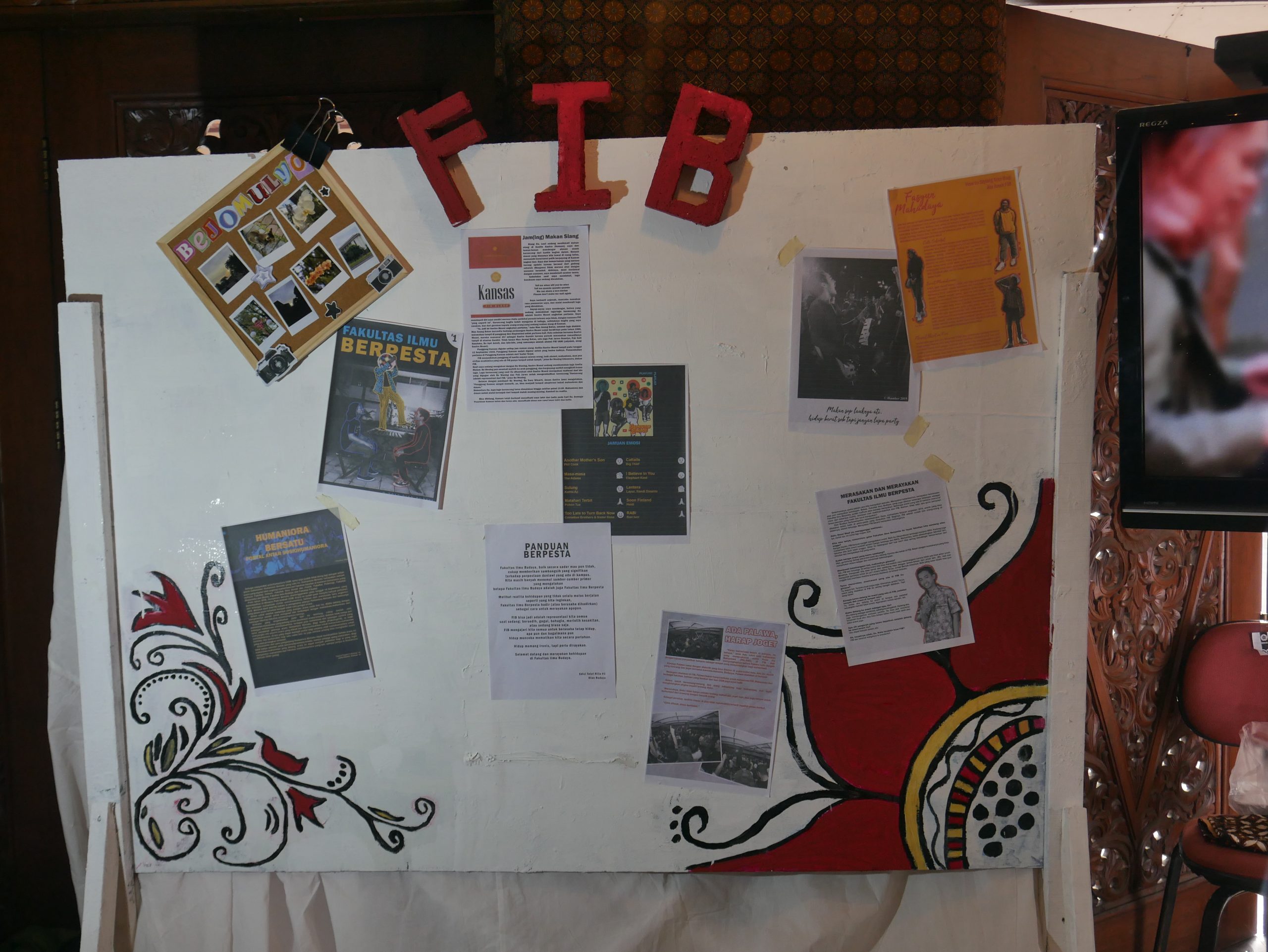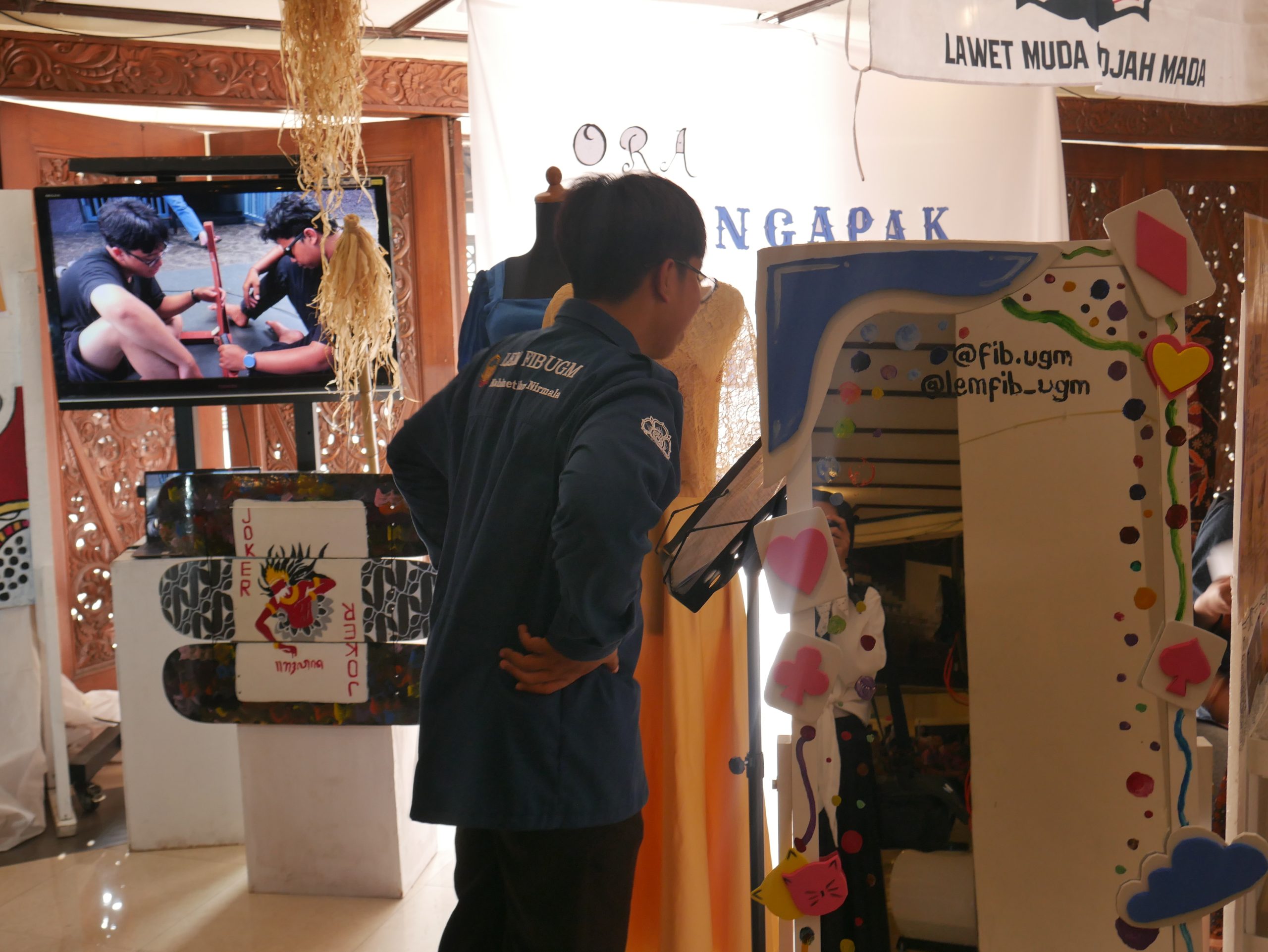The Information and Documentation Management Officer (PPID) of Universitas Gadjah Mada regularly updates public information as a form of commitment to the implementation of information disclosure at UGM. In connection with this, PPID invited representatives of each faculty at Universitas Gadjah Mada, especially the Public Relations (Humas) section, to attend the 2024 Public Information Update Coordination Meeting which was held online on Thursday, May 30, 2024 at 9 until 11 am.
Dr. Andi Sandi Antonius Tabusassa Tonralipu, S.H., LL.M. as the Main Information and Documentation Management Officer expressed his gratitude for the attention and good cooperation. It is hoped that after this meeting, there will be concrete steps to improve transparency and accessibility of information within the university. Hopefully, the meeting results in a more proactive policy in providing relevant and up-to-date information to all stakeholders, be it students, staff, or the general public. Thus, Universitas Gadjah Mada can be increasingly recognized as an institution that is transparent, accountable, and responsive to the information needs of the community.


